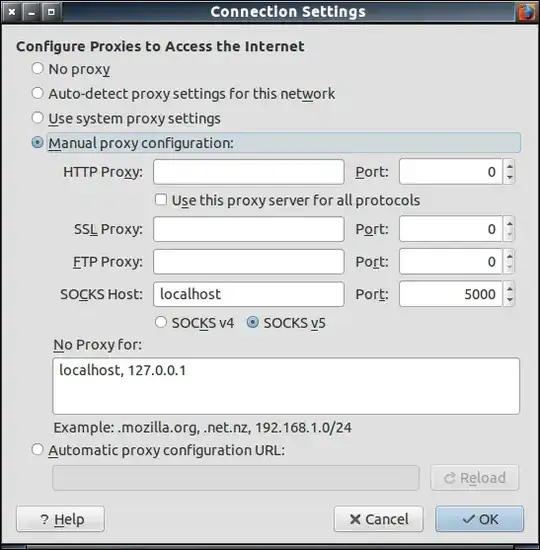I am configuring a HTTPS proxy, which I want to use for my laptop wherever I go. The idea is that since its encrypted, I should be safe from eavesdroppers, even on open wireless networks. Think of it as a easy to configure VPN for web browsing.
My problem however, is that HTTP requests does not use my HTTPS proxy, but go directly to the internet.
Is there a "standard" way to force all requests over a https proxy, or maybe I am forced to install a local squid proxy, and forward all requests to a *cache_peer* with SSL enabled?
Note that installing software on the client machine is unwanted, as it would complicate the setup for various devices (smartphone, etc).
